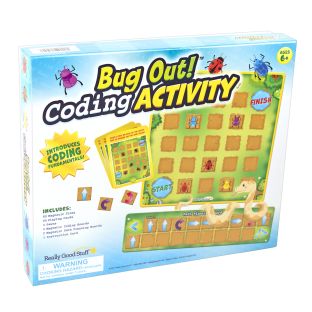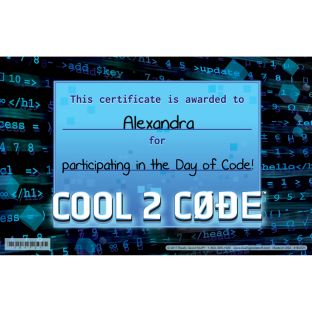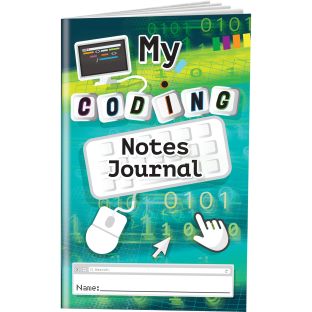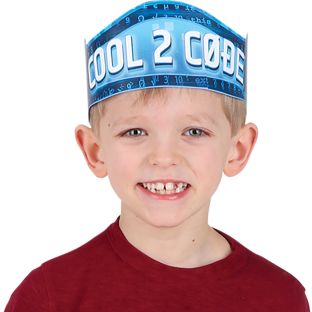STEM Coding & Robotics – Elementary
Popular Elementary STEM Coding & Robotics Materials
Inspire engagement with popular Elementary STEM Coding & Robotics Materials. Our most-purchased Elementary STEM Coding & Robotics Materials are versatile and appropriate in most school environments.
Really Good Stuff’s top Elementary STEM Coding & Robotics Materials enhance experiences for students as well as teachers. Shop our most popular STEM Coding & Robotics Materials for educators.
Elementary STEM Coding & Robotics Products
Learn More About Elementary STEM Coding & Robotics Materials
Enhance your Elementary classroom with Really Good Stuff’s STEM Coding & Robotics Materials. Our catalog of 6 high-quality STEM Coding & Robotics Materials start at $1.49 and fit the Elementary classroom. From premium brands like Really Good Stuff® and TickiT®, these STEM Coding & Robotics Materials meet the needs of Elementary teachers.
Really Good Stuff’s STEM Coding & Robotics Materials for Elementary students work for ages 6 to 10 and for grades 1st to 6th. Teachers match Elementary STEM Coding & Robotics Materials with other STEM Coding & Robotics Materials from the STEM category.
Make Really Good Stuff your top choice when looking for STEM Coding & Robotics Materials for your Elementary classroom.
In today’s increasingly tech-savvy world, integrating STEM Coding & Robotics into the elementary classroom can significantly enhance students’ learning experiences. Teachers frequently use these tools to introduce fundamental concepts of programming, engineering, and problem-solving in a hands-on, interactive manner. For instance, coding kits can be incorporated into math or science lessons to visually demonstrate abstract concepts like sequences and loops, making them more understandable and engaging for young minds. Robotics projects often serve as collaborative classroom activities where students work in teams to build and program their robots, fostering not only technical skills but also teamwork and critical thinking.
When selecting STEM Coding & Robotics products for an elementary classroom, there are several key considerations to keep in mind. First, ensure that the products align with the developmental stage and learning levels of your students. Look for kits specifically designed for younger learners, which often include visual coding languages and user-friendly interfaces. Second, prioritize durability and ease of use. Elementary classrooms can be tough environments, so it’s important that the products can withstand frequent usage and can be easily managed by both students and teachers. Third, consider the scope for scalability and progression. Choose products that can grow with your students’ capabilities, offering advanced challenges as they develop more sophisticated skills.
STEM Coding & Robotics products are generally suitable for children in grades K-5, usually ranging from ages 5 to 11. When buying these products for elementary classrooms, it’s crucial to differentiate them from those that might be used in middle or high school settings, which often require more complex coding skills and deeper theoretical understanding. Furthermore, elementary school products should emphasize playful learning and creativity to keep younger students engaged. By thoughtfully choosing the right tools, educators, parents, and administrators can create a nurturing environment where children can explore the exciting worlds of coding and robotics, setting a strong foundation for future learning in these vital areas.
FAQs for Elementary STEM Coding & Robotics Materials
What Elementary STEM Coding & Robotics Materials do teachers use most?
Can you recommend some budget-friendly Elementary STEM Coding & Robotics Materials?
- Bug Out™ Coding Activity – $32.99





